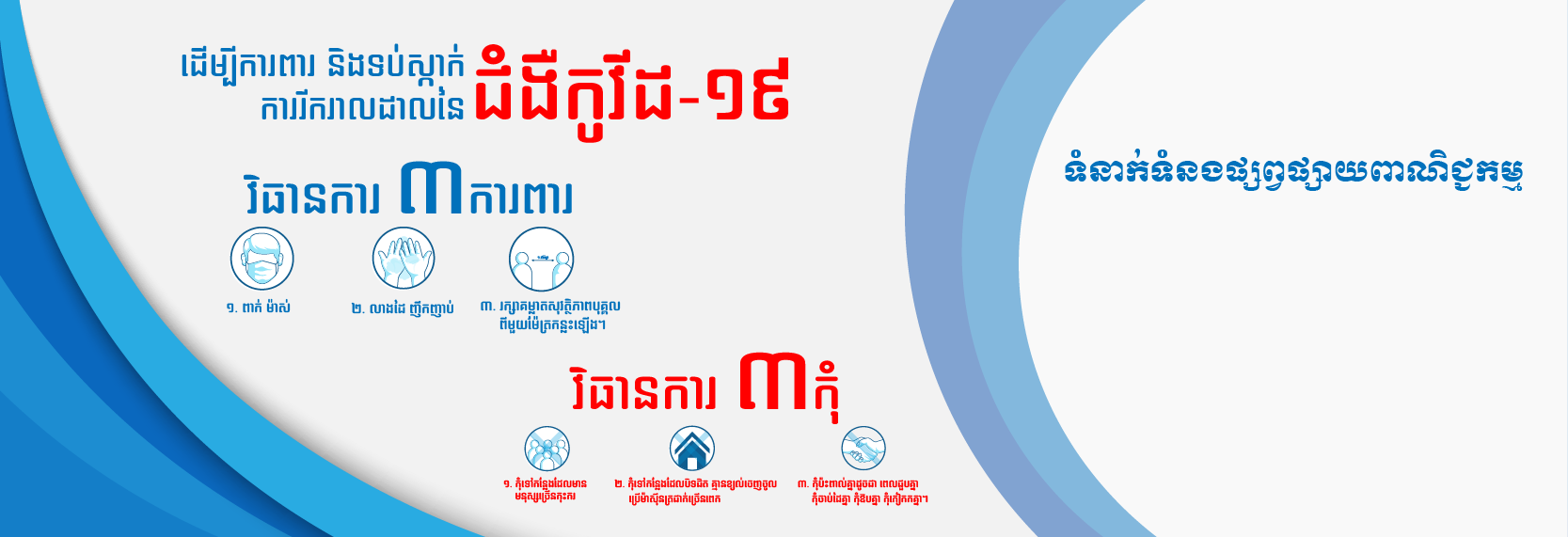The security of confidential information during financial transactions is paramount. Virtual data rooms are used to share and archive private documents in a secure setting with access control for users. They are commonly used to carry out due diligence in M&A transactions, but can also be used for different purposes.
The best VDRs provide a variety of features that ensure documents are stored securely and shared during the course of a deal or process. For instance, they could include two-factor authentication which requires not just an account password, but also factual information or codes that are unique to every user. This helps reduce the risk of data breaches caused by compromised passwords. Many VDRs also provide granular permissions that restrict access to specific files. Another option is IP restriction, which restricts access to a virtual data room to a specific IP addresses. This stops sensitive data from being downloaded onto unauthorised devices, and helps to avoid leaks.
Some VDRs also provide watermarking that is an immovable identification that is displayed on every document. They also have audit logs that track all the actions taken on files within the data room. They can be used to find out who has been able to access or modify files, and can also aid in the investigation of data security breaches. Secure spreadsheet viewing is a useful feature. It ensures that Excel files can only be viewed by a limited number of users.
When you select a data space be sure to verify its certifications and standards to confirm that it provides the appropriate level of security for your documents. Ideally, it should be PCI DSS Level 1 ISO 9001 or ISO 27001 FIPS 140-2 MTCS Level 3 Some investment banks keep a list of approved companies that offer data rooms that they are comfortable working. You should look for a provider of data rooms that has these credentials and has a good reputation within the industry.







